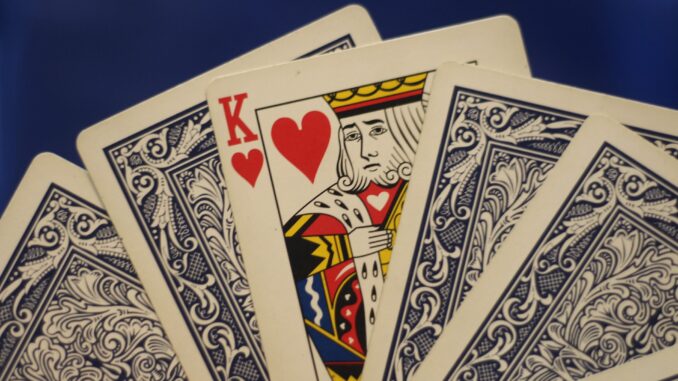
CBT and Gambling
As a psychotherapist based in Chicago, I have encountered numerous individuals seeking a counselor for problem gambling. Problem gambling can have devastating consequences, affecting not only the individual but also their loved ones and the community at large.
In my years of experience, I have found Cognitive Behavioral Therapy (CBT) to be a valuable approach in addressing this challenging issue. In this blog post, we will delve into the link between CBT and problem gambling, shedding light on how this therapeutic approach can aid individuals in regaining control over their gambling behaviors.
Understanding Problem Gambling
Problem gambling refers to the inability to resist the urge to gamble, leading to negative consequences in a person’s life. It encompasses various behaviors, ranging from frequent and excessive gambling to compulsive or addictive gambling patterns.
Individuals struggling with problem gambling often experience financial distress, relationship problems, and significant emotional and psychological distress.
Cognitive Behavioral Therapy (CBT)
CBT is a widely recognized and evidence-based therapeutic approach that focuses on addressing the connections between thoughts, feelings, and behaviors. It aims to identify and modify maladaptive thought patterns and behaviors to promote positive change.
CBT operates under the premise that our thoughts and interpretations of situations influence our emotions and subsequent behaviors.
The Link between CBT and Problem Gambling
CBT is particularly effective in addressing problem gambling because it targets the underlying cognitive distortions and dysfunctional beliefs that fuel gambling behaviors. By challenging and restructuring these thoughts, individuals can gain insight into their gambling triggers, develop coping strategies, and ultimately change their behavior.
- Identifying Gambling Triggers: In CBT, the therapist assists individuals in recognizing the thoughts, emotions, and situations that trigger their gambling urges. By identifying these triggers, individuals can better understand the root causes of their gambling behaviors, whether it be stress, loneliness, or a desire for excitement.
- Cognitive Restructuring: CBT focuses on challenging and reshaping irrational beliefs and cognitive distortions associated with problem gambling. Common cognitive distortions include thoughts such as “I am due for a win,” “I can’t stop gambling,” or “Gambling is the only way to escape my problems.” Through CBT, individuals learn to replace these negative thoughts with more realistic and rational ones, fostering healthier attitudes towards gambling.
- Developing Coping Strategies: CBT equips individuals with effective coping strategies to manage gambling urges and prevent relapse. These strategies may include problem-solving skills, emotional regulation techniques, stress management, and finding alternative activities that provide a sense of fulfillment and enjoyment.
- Building Support Systems: CBT also emphasizes the importance of building a strong support system. This may involve involving loved ones, joining support groups, or seeking guidance from addiction counselors. A supportive network helps individuals stay accountable, provides encouragement during challenging times, and offers a safe space for sharing experiences and insights.
Summing Things Up
Cognitive Behavioral Therapy has proven to be a valuable tool in addressing problem gambling, empowering individuals to regain control over their lives. By targeting the cognitive and behavioral aspects of gambling addiction, CBT helps individuals develop healthier thought patterns, coping mechanisms, and support networks.
As a Chicago psychotherapist, I have witnessed the positive impact of CBT in the lives of those struggling with problem gambling, and I encourage individuals facing this challenge to seek professional help. With the right guidance and support, recovery is possible, and a fulfilling life beyond gambling awaits. If you would like to request an appointment with one of our counselors, visit our contact page.
